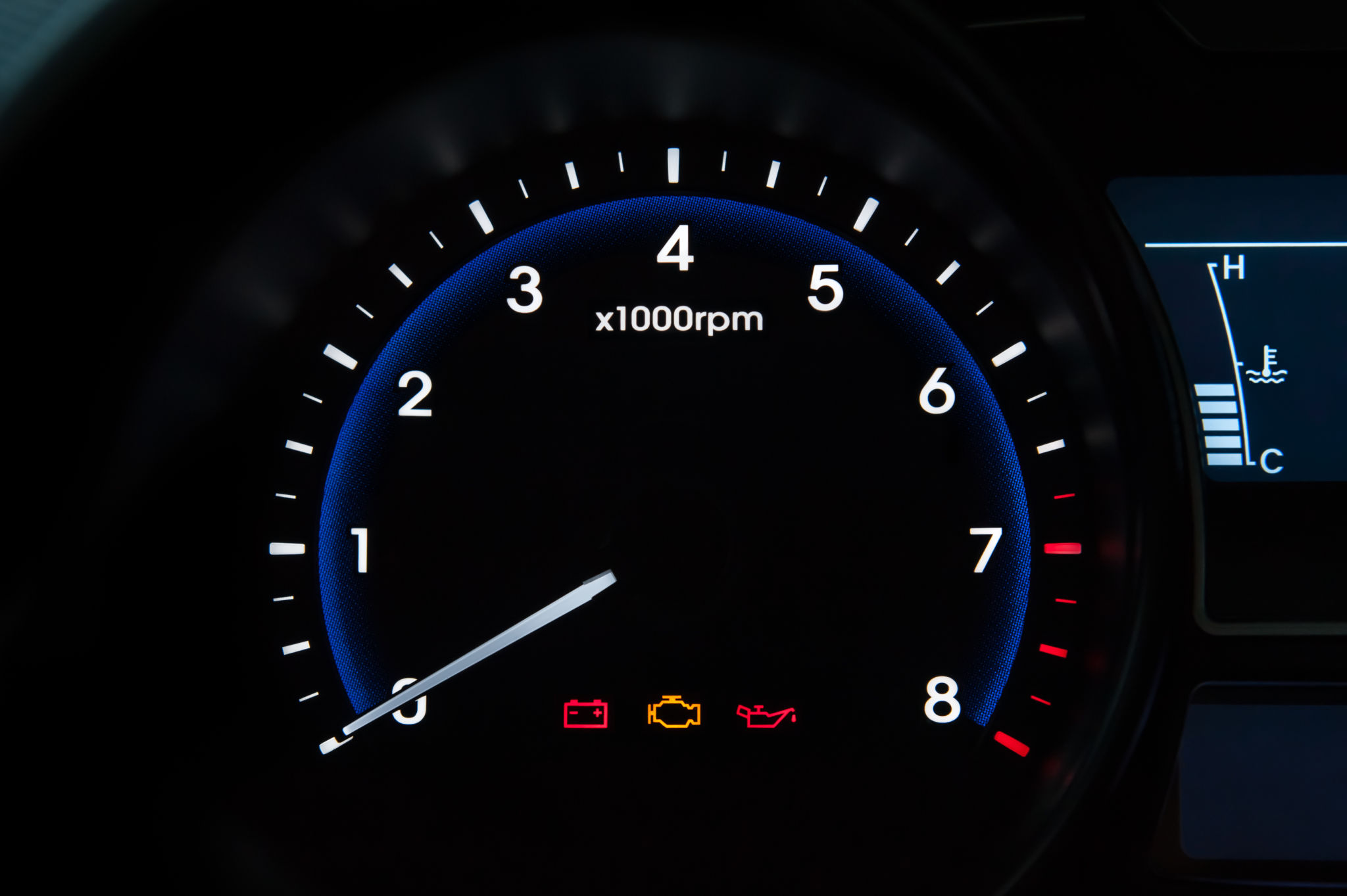Common Misconceptions About Dashboard Warning Lights
Understanding Dashboard Warning Lights
Dashboard warning lights are essential indicators of your vehicle's health and performance. However, these lights often cause confusion and anxiety among drivers. Knowing what these symbols mean can help you determine the urgency of a situation and the appropriate response.

Red vs. Yellow Lights
One common misconception is that all dashboard warning lights indicate an immediate problem. In reality, the color of the light can provide initial guidance on the severity of the issue. Red lights typically signal a serious problem that requires immediate attention, such as brake failure or engine overheating. On the other hand, yellow or amber lights often suggest a warning that needs attention soon but isn't an emergency, like low fuel or tire pressure issues.
Check Engine Light
The check engine light is perhaps the most misunderstood warning light. Many assume it means an immediate need for expensive repairs. While it's true that this light can indicate serious issues, it can also be triggered by minor problems such as a loose gas cap. A diagnostic scan by a professional can help pinpoint the exact cause.
Ignoring Warning Lights
Another misconception is that dashboard warning lights can be ignored if the car seems to be running fine. Ignoring these alerts can lead to more severe problems or costly repairs down the line. It's crucial to address any warning lights as soon as possible to maintain the safety and efficiency of your vehicle.

The Oil Pressure Light
The oil pressure light often causes unnecessary panic among drivers. While it does indicate a potential problem with the engine's oil pressure, it doesn't always mean there's an immediate threat. Checking the oil level and quality is a good first step in addressing this issue.
Battery Warning Light
The battery warning light is another frequently misunderstood indicator. This light doesn't necessarily mean the battery is dead; it could be related to issues with the alternator or electrical system. Having a professional check your vehicle's charging system can help identify the root cause.

ABS Light Misinterpretation
The ABS (Anti-lock Braking System) warning light often leads to confusion about braking performance. While this light indicates a problem with the ABS system, it doesn't mean your brakes are non-functional. Regular brakes will still work, but you might not have the added safety of the anti-lock feature until it's fixed.
Consulting Your Vehicle's Manual
Finally, many drivers overlook their vehicle's manual when trying to understand dashboard warning lights. This resource provides specific information about each light and recommended actions. Consulting your manual can help demystify these indicators and guide you in maintaining your vehicle properly.
By understanding dashboard warning lights and addressing them promptly, you can ensure your vehicle remains safe and reliable on the road.
